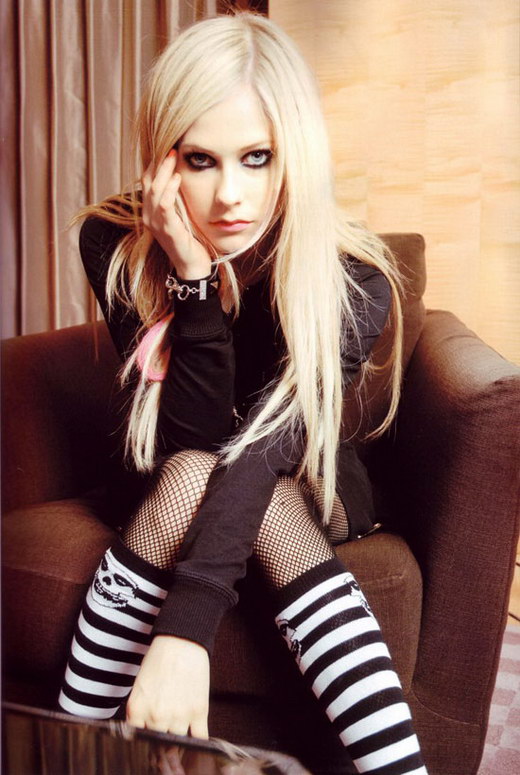I dislike this villain's character more:
William Elliot (Samuel West), Persuasion
After a short acquaintance, Anne Elliot begins to find Mr. Elliot's unvarying affability a bit unsettling:
Mr. Elliot was rational, discreet, polished,--but he was not open. There was never any burst of feeling, any warmth of indignation or delight, at the evil or good of others. This, to Anne, was a decided imperfection. Her early impressions were incurable. She prized the frank, the open-hearted, the eager character beyond all others. Warmth and enthusiasm did captivate her still. She felt that she could so much more depend upon the sincerity of those who sometimes looked or said a careless or a hasty thing, than of those whose presence of mind never varied, whose tongue never slipped.
Mr. Elliot was too generally agreeable. Various as were the tempers in her father's house, he pleased them all. He endured too well,--stood too well with everybody. He had spoken to her with some degree of openness of Mrs. Clay; had appeared completely to see what Mrs. Clay was about, and to hold her in contempt; and yet Mrs. Clay found him as agreeable as anybody.
John Willoughby (Dominic Cooper), Sense and Sensibility
Early in their acquaintance, Elinor begins to see cracks in John Willoughby's character, as in this instance when she, Marianne, and Willoughby discuss his observations of Colonel Brandon:
"Brandon is just the kind of man," said Willoughby one day, when they were talking of him together, "whom every body speaks well of, and nobody cares about; whom all are delighted to see, and nobody remembers to talk to."
"That is exactly what I think of him," cried Marianne.
"Do not boast of it, however," said Elinor, "for it is injustice in both of you. He is highly esteemed by all the family at the park, and I never see him myself without taking pains to converse with him."
"That he is patronised by YOU," replied Willoughby, "is certainly in his favour; but as for the esteem of the others, it is a reproach in itself. Who would submit to the indignity of being approved by such a woman as Lady Middleton and Mrs. Jennings, that could command the indifference of any body else?"
"But perhaps the abuse of such people as yourself and Marianne will make amends for the regard of Lady Middleton and her mother. If their praise is censure, your censure may be praise, for they are not more undiscerning, than you are prejudiced and unjust."
"In defence of your protege you can even be saucy."
"My protege, as you call him, is a sensible man; and sense will always have attractions for me. Yes, Marianne, even in a man between thirty and forty. He has seen a great deal of the world; has been abroad, has read, and has a thinking mind. I have found him capable of giving me much information on various subjects; and he has always answered my inquiries with readiness of good-breeding and good nature."
"That is to say," cried Marianne contemptuously, "he has told you, that in the East Indies the climate is hot, and the mosquitoes are troublesome."
"He WOULD have told me so, I doubt not, had I made any such inquiries, but they happened to be points on which I had been previously informed."
"Perhaps," said Willoughby, "his observations may have extended to the existence of nabobs, gold mohrs, and palanquins."
"I may venture to say that HIS observations have stretched much further than your candour. But why should you dislike him?"






